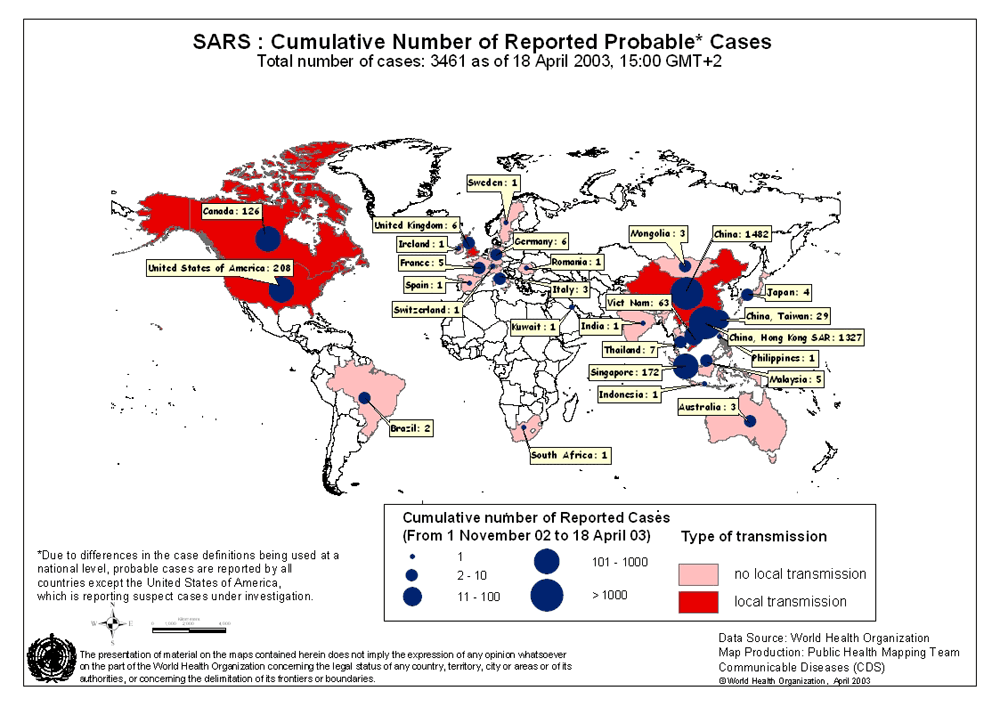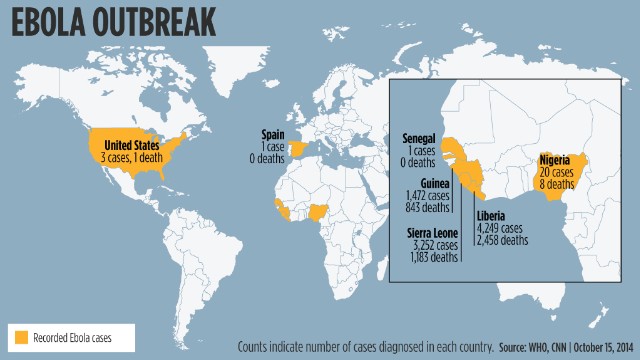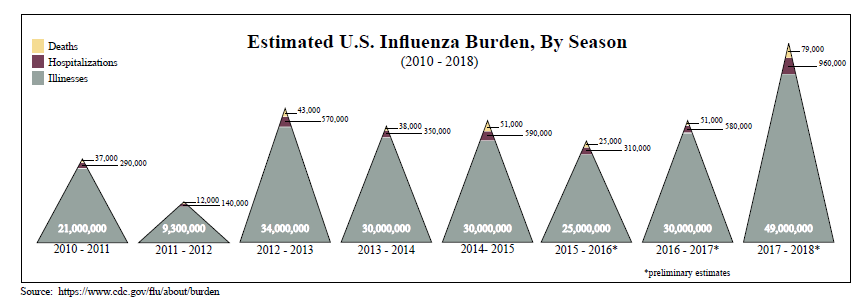Humans tend to be afraid of what they don’t know—and right now it is the coronavirus. Headlines seem to be incessant: There are at least six confirmed cases in the USA, all of whom recently visited China. Cruise ships and airlines are cancelling services. Chinese officials are extending the Chinese New Year holiday to reduce hopefully slow transmission. Etc.
I would suggest that readers step back, take a breath, and then continue making plans to visit the battlefields in 2020. Near-term airline bargains could be quite good. The period between tapped-out Christmas credit cards and tax refunds has generally been a good period to shop for air travel. Add pandemic fears on top of that, and it could be better.
I am not a contagious disease specialist, I am a historian; making an observation on two items: First, there was little international spreading of the SARS virus in 2002-03 and of the African Ebola virus in 2014. China seems to be particularly vulnerable to new flu strains, because its rural farmers still live in proximity with ducks, chickens and other farm animals. China is also densely populated, which enables the rapid spread of the disease. Given the proximity and colonial ties between Europe and Africa, one could certainly have expected a wider spread of Ebola into Europe during 2014. But neither of these pandemics spread widely into the U.S. or Europe, as shown on the pictures below. It appears that Western healthcare systems are quicker and better able to react to pandemics—especially regarding efforts to quarantine patients and prevent disease spread.


Second, influenza in the U.S.A. kills several thousand people each year; with most deaths in patients over 75 old. But Americans “know” that already, so they become “immune” to the headlines. As of January 25, 2020, the CDC estimates 19 million illnesses, 180,000 hospitalizations, and 10,000 deaths during the 2019-20 flu season. (https://www.cdc.gov/flu/weekly/index.htm.)

I do not mean to make light of either the flu or the Coronavirus; but I do believe that Americans often become paralyzed by fear of what they do not know. Two months into the Coronavirus pandemic in China, a CNN article from 31 January states that there are at least 140 confirmed cases—but no deaths—in more than 20 countries outside of China. This number includes at least 6 in the U.S., 6 in France, 5 in Germany, and 2 in the U.K. History, and the current numbers, would suggest a very modest risk of an American becoming infected with the Coronavirus while visiting battlefields in Europe.

